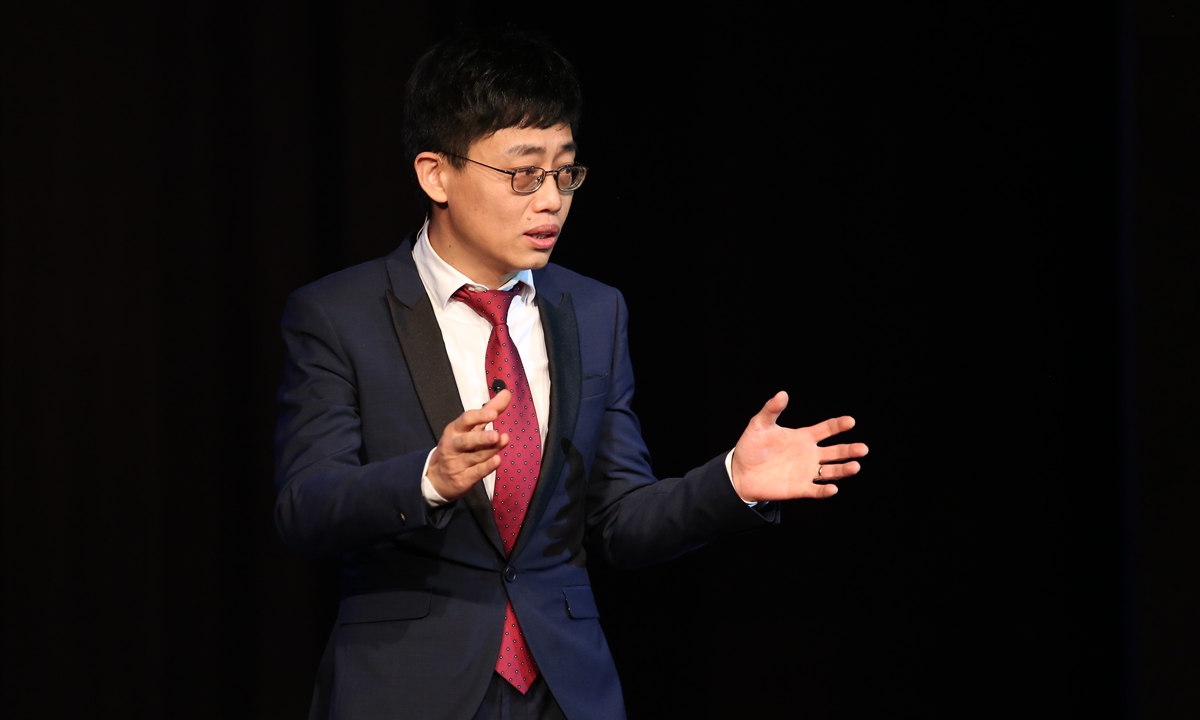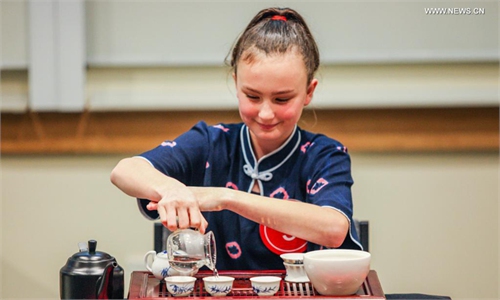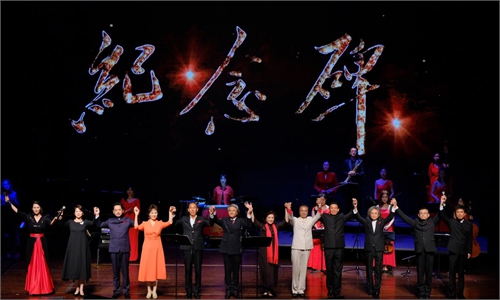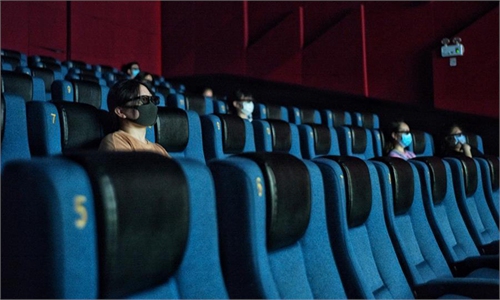ARTS / CULTURE & LEISURE
Comedian Joe Wong talks about booming stand-up comedy in China
Laughing matter

Joe Wong
Eleven years after a successful performance at the annual White House Correspondents Dinner in the US, stand-up comedian Joe Wong, who has lived in the US over a dozen of years, returned to the stage of the popular Chinese variety show Rock and Roast, performing together with young Chinese stand-up comedians and demonstrating how the performance art is on the rise in China.
Rock and Roast, a comedy competition show that seeks to select a champion from among dozens of China's most brilliant stand-up comedians, has been a window for Chinese audiences to familiarize themselves with stand-up comedy. After Wong stepped out from the backstage in the first episode of the show's fourth season, all the contestants stood up and applauded him.
For many of these younger stand-up comedians, Wong's 15-minute performance at the White House has been a light leading them to work in comedy.
"I am glad to have the chance to communicate with my peers and watch their live performance on the stage," Wong said on the program.
Cultural differences
On Tuesday, Wong spoke with the Global Times about his experiences performing stand-up comedy both in China and the US.
When speaking about the differences in performing in the two countries, Wong said he was grateful to Chinese audiences, noting that they are very easy-going and even though sometimes he had to change venues for a performance at the last minute, audiences still went to support him without any complaints.
He noted that most Chinese audiences at comedy shows do not like to drink alcohol, so comedians have to work hard to warm up the crowd and create an atmosphere at the beginning of shows, whereas in the US audiences are already in a good mood due to the effects of alcohol, although that may also mean having to deal with the occasional drunk heckler.
"US audiences are sensitive about jokes about races, but these can also easily make them laugh, while Chinese audiences prefer jokes about romantic relationships and the workplace matters," he concluded.
Wong said that in the US, Chinese people are often seen as lacking the ability to be funny, so his road to becoming a stand-up comedian was not easy.
Besides having to tackle stereotypes, he has also had to deal with his fair share of outright racism.
The US has a long history of struggling with issues of racism, and today is no different. According to statistics released Monday by the US Federal Bureau of Investigation, reported hate crimes in the US, in particular those targeting African Americans and Asian Americans, surged in 2020.
Wong said he was shocked by the number of hate crimes that occur in the US.
"The US loves fighting battles everywhere and meanwhile it is an immigrant country with multiple ethnicities. A person having a face similar to someone in a hostile country is highly likely to be hated and attacked," he added.
He also noted that the country struggles politically, which has had some major ramifications during the pandemic. Wong condemned some US politicians for inciting people not to wear face masks or get vaccinated, which he feels has worsened the pandemic situation in the country. He also added that he knows some US stand-up comedians have been infected with novel coronavirus.
Expanding genre
Wong said that during a comedy tour of China a few years ago, he noticed that the comedy industry in the country has been rapidly advancing. He also noted that many of the contestants on the competition show deeply impressed him, including a Manzai group that attended the program for the first time. Manzai is a traditional style of Japanese comedy.
Wong said young Chinese comedians are learning from outstanding comedians around the world and are growing up very fast.
During his national tour from 2013 to 2016, Wong found that most audiences below the stage were young people, but by 2018 he also started seeing elderly people and even children in the crowd.
"Stand-up comedy will be one of the biggest and most popular forms of entertainment in Chinese cities in the future," Wong predicted.
He said that since stand-up comedy allows performers to express their own opinions and talk about things from ordinary life, it makes it easier to connect with the audience.
For instance, female comedian Yang Li skyrocketed to popularity by focusing on gender issues, a hot button topic, in her performances. However, her sharp observations about male behavior during the previous season of the show and her ability to make punch lines out of overly confident men led some to accuse her of "sexism" and "hating men."
Wong said that audiences should be more tolerant to performers such as Yang as they are just sharing their observations, which is part of comedy.
For the future of Chinese stand-up comedy, Wong recommend young comedians improve by earning more experience at livehouses.
The Chinese government has also stated it will issue advice to help the industry develop to enrich people's cultural lives.




